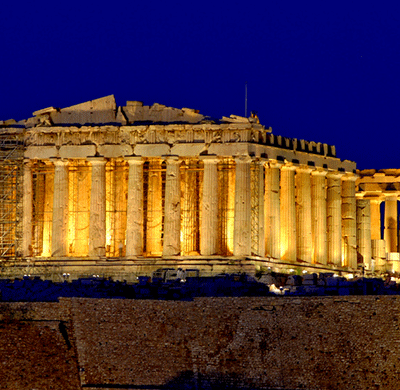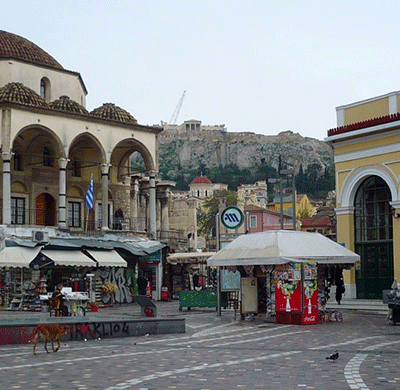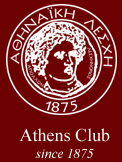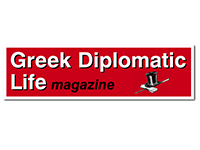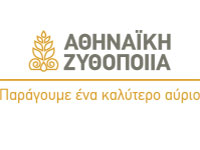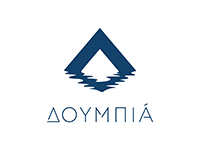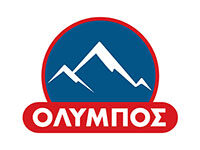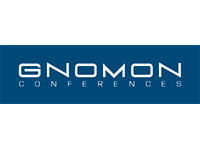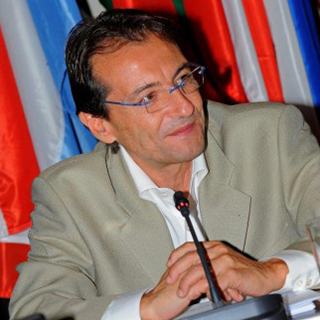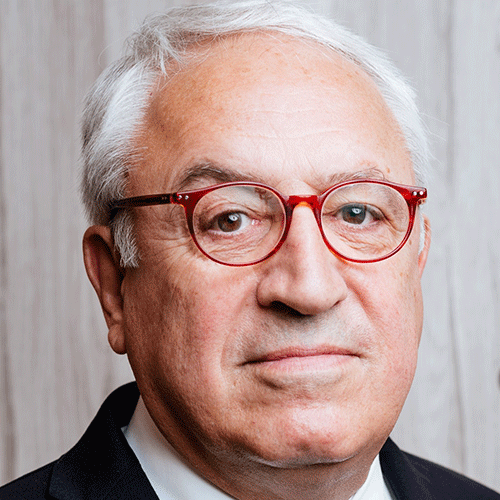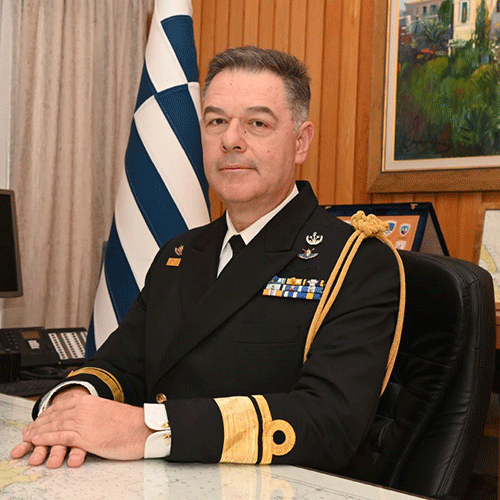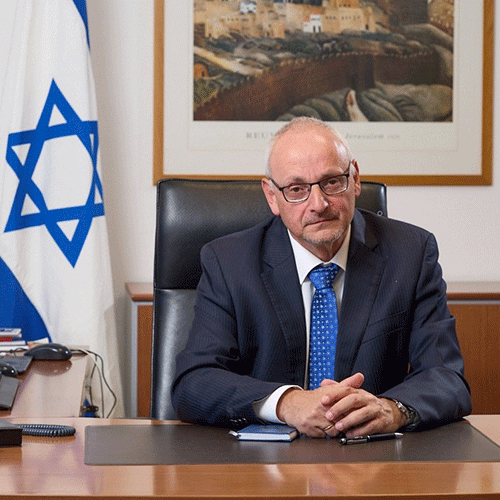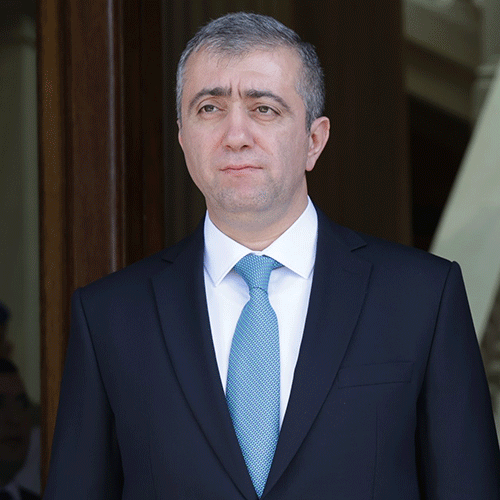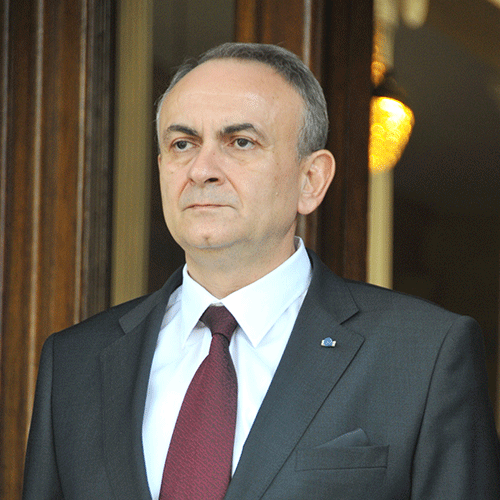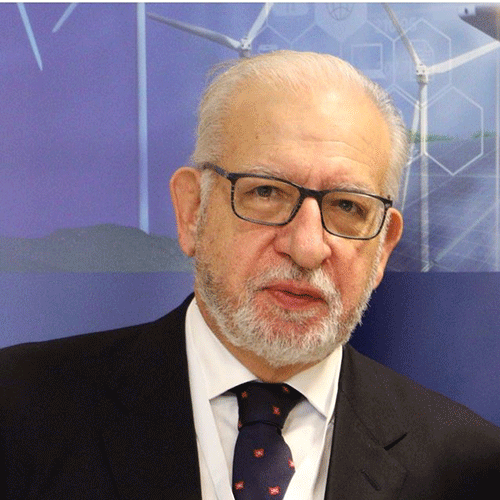B. Transport alternatives in the city of Athens
There is an extensive, low cost public transport network covering the city including bus, underground, trolley, tram and taxi. You can use all means of public transport with the same ticket (not with that from/to the airport). A single ticket costs €1.40 and is valid for 90 minutes.
C. Tickets for Public Transport
Tickets and passes (Ath.ena tickets) for public transport are sold at ticket booths and machines in all Athens Metro and tram stations. There are three types of Ath.ena tickets: a paper ticket, an anonymous card that you can top up, and a personalized card. These tickets can be used on all forms of public transport.
D. Ticket Prices
A standard ticket on Athens public transport costs €1.40. Students and senior citizens over 65 are entitled to a reduced fare of €0.60 (student ID and proof of age are required upon ticket control or during purchase). Children up to the age of 6 travel free-of-charge; ages 7-18 pay €0.60 (proof of age required upon ticket control or during purchase).
Each ticket can be used for 90 minutes on any form of public transport (except services to/from the airport).
- A Day Pass(€4.50) is valid for unlimited travel (except airport services) for 24 hours.
- A 5-Day Ticket(€9) is valid for unlimited travel on all modes of transport (except airport services and bus line Χ80) for 5 days.
- A 3-Day TouristTicket (€22) is valid for unlimited travel (including 1 round trip to/from Athens International Airport).
For more information on prices visit the Athens Transport website.
For more information on public transport in Athens call 11185 or visit www.oasa.gr
E. Metro
The fastest means of getting around Athens is the Metro. The Athens Metro system consists of 3 lines and connects to the tram, bus routes and suburban railway. The Metro runs daily from 5 am to midnight. Lines 2 and 3 operate until 2 am on Fridays and Saturdays. At peak hours, trains run approximately every 5-6 minutes however, during the evenings and nights trains run every 10-13 minutes. More at Athens Metro Website
Line 1 is an overground train (commonly known among Greeks as ESAP) that runs from the northern suburb of Kifissia to the port of Piraeus. It connects to lines 2 and 3 at three stations (Attiki, Omonia and Monastiraki). More at Athens Piraeus Electric Railways Website
F. Taxis
Taxis are not expensive (though there is a minimum fare of €3,50 during the day and €5 after 23:00). You can pick them up at taxi parking areas, stop them on the street or ask the reception desk to call one for you. The fare is charged per kilometer and per hour, so it is better to make certain that the meter is switched on as soon as you set off. Beat (formerly Taxibeat) is an app-based yellow taxi service which finds your location, gives you choice of taxis and offers the options of paying in cash, by card, or Paypal. Radio taxis are another option if you don’t feel like hitting the pavement to hail a cab, or if you want to ask for a specific pick-up time and date.
G. Visa Information & Requirements
Visa regulations depend on your nationality and country of origin. Please contact your local Hellenic Embassy / Consulate for full and official instructions on the specific visa regulations and application procedures that apply to you. It is the responsibility of the participant to obtain a visa, if so required.
If uncertain on what concerns your Visa Requirements, kindly visit this online link for further detailed information.
H. Letter of Invitation
Individuals need an official Letter of Invitation which can be requested upon registration to the forum. Such a Letter of Invitation shall be provided within a week of its request and following the payment of your registration. The Letter of Invitation does not financially commit the forum’s organizers in any way. All expenses incurred in relation to the Conference are the sole responsibility of the participant / attendee.
The Balkans & Black Sea Forum accepts no responsibility concerning the accuracy of the abovementioned prices and schedules of any means of transport.


